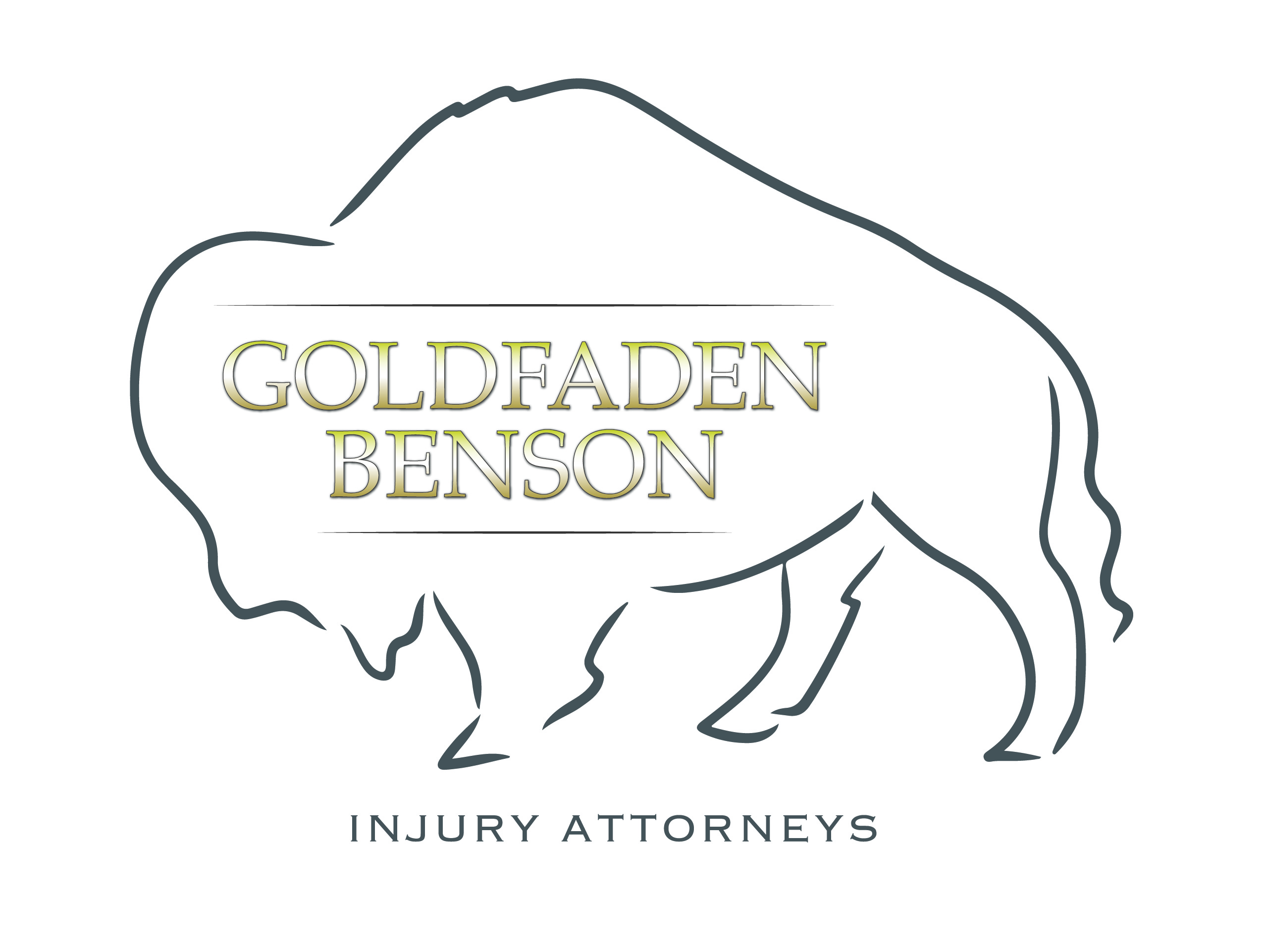Understanding Elements of Fraud in Personal Injury Claims
When it comes to personal injury law, one area that can complicate matters is fraud. Whether it’s through medical misrepresentation or exaggeration of injuries, fraud can hold serious legal repercussions. Understanding the essential elements of fraud is crucial if you find yourself or someone you know navigating a personal injury claim.
What is Fraud in Personal Injury Cases?
Fraud occurs when one party deliberately deceives another, resulting in injury or damage. In the context of personal injury, such fraudulent actions can occur in various forms, such as misrepresentation of facts, inflating damages, or even faking injuries.
Elements Needed to Prove Fraud
According to the Judicial Council of California Civil Jury Instructions (CACI), a plaintiff must prove several key elements to establish fraud. Here's what needs to be demonstrated:
1. **Misrepresentation of Material Fact**: The defendant must have made a false statement regarding a material fact. This could be a statement about an injury or how it occurred.
2. **Knowledge of Falsity**: It must be proven that the defendant knew the statement was false or made the claim recklessly without any consideration for its truth.
3. **Intent to Deceive**: The misleading statement must have been made with the intent of deceiving the plaintiff. For example, exaggerating injuries for financial gain falls squarely in this realm.
4. **Justifiable Reliance**: The plaintiff must show that they reasonably relied on the defendant's false statement in making decisions that led to the injury.
5. **Resulting Damages**: Finally, there must be proof of actual damages incurred by the plaintiff due to the fraudulent act. For instance, if the fraud caused additional medical bills or loss of income, this element would be satisfied.
A Real-Life Example Reflecting Fraud
Imagine a car accident where the driver claims significant back injuries, preventing them from work. They present extensive medical records, but investigation reveals they had a preexisting condition that was not disclosed. Here, a fraud claim may arise against the individual for concealing information to gain financial compensation.
What Should You Do?
Navigating a personal injury case involving potential fraud can be complex. It's generally advised to consult with a personal injury attorney who can guide you through these legal intricacies.
If you have concerns or questions about a potential claim, please feel free to reach out to Goldfaden Benson, where our experienced personal injury team can assist you with informed guidance tailored to your situation.
Additionally, understanding these elements can not only prepare you for what to expect in a claim but may also help in accurately assessing the credibility of claims you encounter. Is this information helpful? We want to hear your thoughts on how knowledge of fraud can affect personal injury cases!







